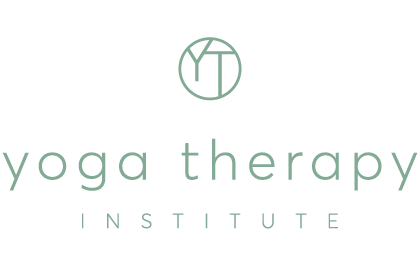Alcoholism, drug addiction and gambling addiction are major areas of concern in health and wellbeing. Drug and Alcohol addiction is a complex condition and yoga is being used more frequently as part of successful recovery treatment plans.
Addiction influences the brain primarily by creating a craving which, over time, leads to loss of control over use and a continued involvement, even if the person experiences adverse consequences.
Addiction revolves around a powerful surge of dopamine which is part of the brain’s reward system. The hippocampus then lays down a memory of this rapid sense of satisfaction, the amygdala creates a conditioned response to stimuli associated with the experience and neural pathways are created linking the pleasure with a strong desire to want that pleasure again. These and other adaptations eventually result in the dopamine release becoming less effective and requiring the substance more often and/or in larger quantities to get the same effect.
Recovery can therefore be just as complex as the condition itself, requiring input from a number of different health and wellbeing modalities and individually tailored for each person.
Many people involved in developing treatment programs have found that the addition of yoga practices can be very effective. According to Sat Bir Khalsa, Director of Research for the Kundalini Research Institute, an Assistant Professor at Harvard Medical School and esteemed member of the international Yoga therapy community, the usefulness of yoga may be in its ability to positively generate a change in consciousness that, instead of providing an escape, empowers people with the ability to access a peaceful, restorative inner state that integrates mind, body and spirit.
Research on the use of Yoga in treating drug and alcohol addiction is increasing and showing some positive results:
- One research project found that after release from jail, participants in a Vipassana meditation course showed significant reductions in alcohol, marijuana and crack cocaine use compared to the control group. (1)
- A 90-day residential group pilot treatment program for substance abuse that incorporated a comprehensive array of yoga, meditation, spiritual and mind-body techniques showed improvements on a number of psychological self-report questionnaires. (2)
- Another study look at GABA levels associated with an acute yoga session versus a reading session and found a 27% increase in the yoga group and no change in the comparison group. This may be of interest for the treatment of disorders with low GABA levels such as depression and anxiety which are often associated with addictions. (3)
You may also be interested in watching this documentary film, which features people talking about their journey with addiction and how yoga has helped them to a new life of wellbeing and emotional stability.
References
- Bowen, Witkiewitz, Dillworth et al, Mindfulness Meditation and Substance Use in an Incarcerated Population, Psychology of Addictive Behaviours, 2006, Vol 20, No 3, 343-347, http://www.prison.dhamma.org/en/na/NRF%20Substance%20Abuse%20Study%202006.pdf
- Khalsa, Gurcharana et al, Evaluation of a Residential Kundalini Yoga Lifestyle Pilot Program for Addiction in India, Journal of Ethnicity in Substance Abuse, Vol 7, Issue 1, 2008, http://www.tandfonline.com/doi/abs/10.1080/15332640802081968#.VS3Mwij6SEk
- Streeter, Jensen, Perlmutter et al, Yoga Asana Sessions Increase Brain GABA Levels: a Pilot Study, The Journal of Alternative and Complementary Medicine, Vol 13, Issue 4, May 28, 2007
